Nacero awards 20-year wind power purchase agreement to NextEra for natural gas-to-gasoline plant in Texas
Green Car Congress
FEBRUARY 18, 2022
Texas-based Nacero, a company seeking to produce low- and zero-lifecycle carbon footprint gasoline blendstock ( earlier post ) has awarded a subsidiary of NextEra Energy Resources, LLC a 20-year power purchase agreement to supply wind power to Nacero’s planned flagship manufacturing facility in Penwell, Texas.

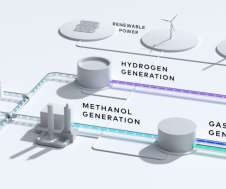
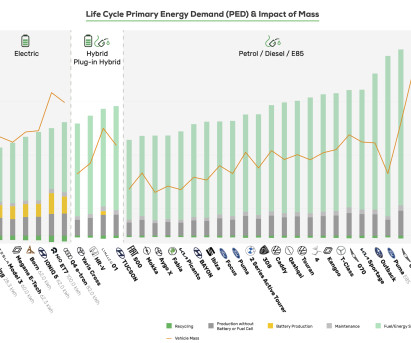




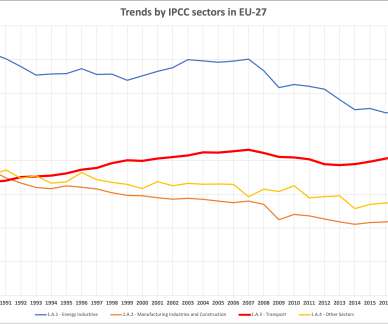
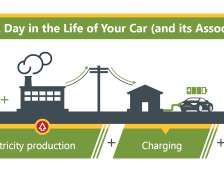

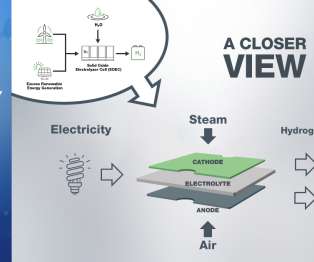

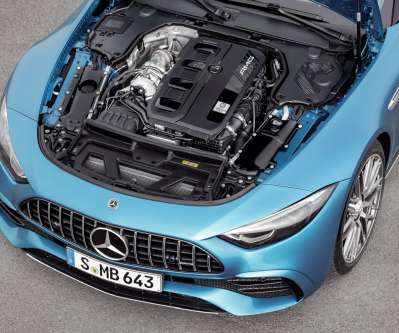






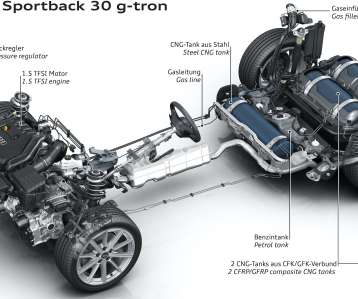
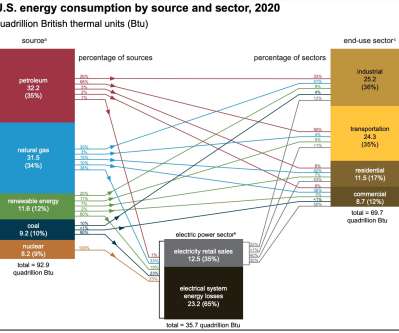




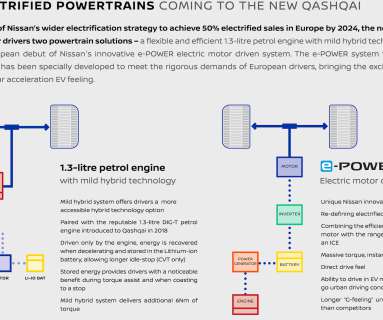



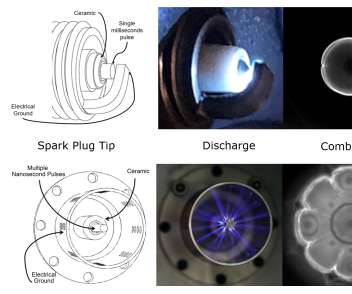




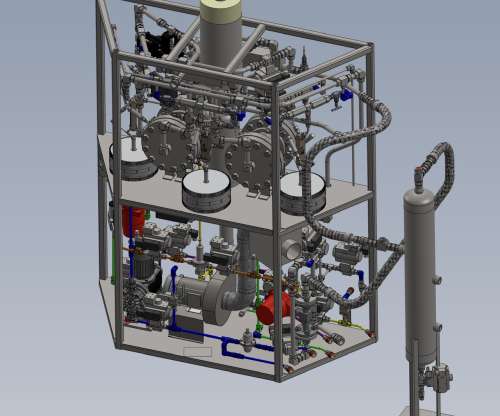



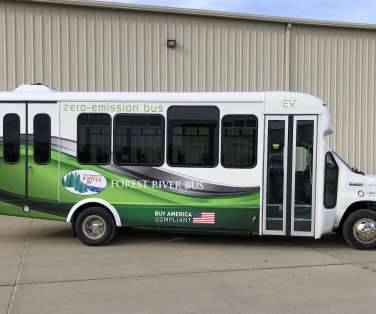








Let's personalize your content